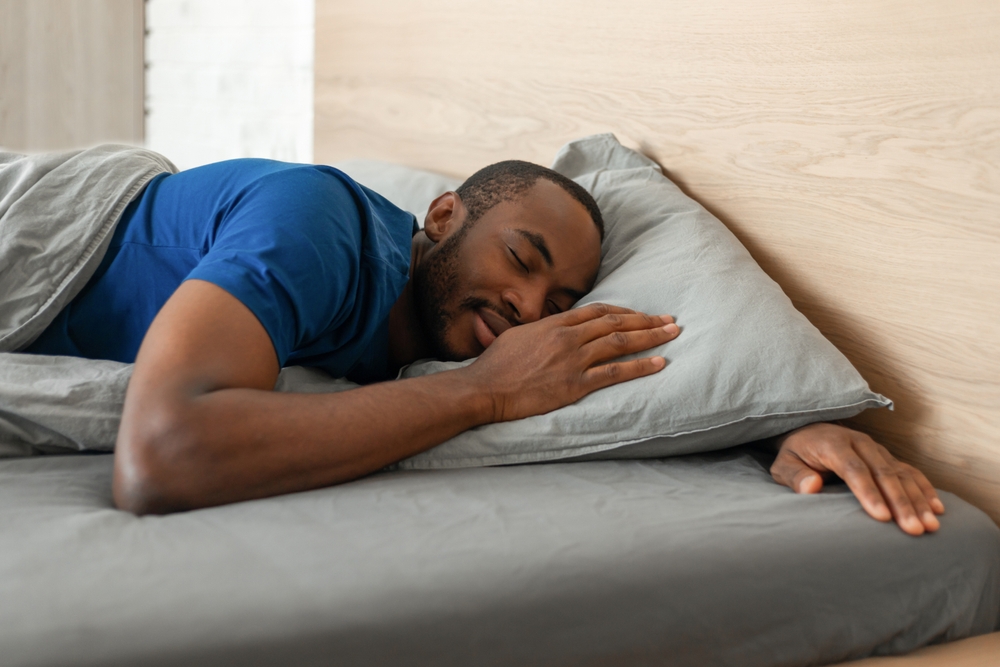In our fast-paced world, achieving the recommended eight hours of quality sleep has become increasingly challenging. While the concept seems simple – turning off the lights and closing your eyes – the reality proves far more complex for millions of adults and children worldwide. Sleep represents more than just rest; it functions as a fundamental biological necessity, comparable to maintaining a balanced diet for optimal health.
The power of ancient remedies
Among the most effective natural solutions, drawing from centuries of traditional wisdom, is chamomile tea. This time-tested remedy, when consumed about forty minutes before bedtime, has proven remarkably effective in promoting restful sleep. The secret lies in its active compound, bisabolol, which possesses both anti-inflammatory and anti-irritant properties. These characteristics make chamomile particularly effective in addressing various sleep-related challenges, including insomnia, anxiety, and general sleep disorders. Available in multiple forms – from dried flowers to liquid extracts – this versatile herb offers a natural alternative to sleep medications.
The mind-body connection
Perhaps equally powerful is the relationship between mental and physical relaxation through meditation. For individuals grappling with high stress levels, pre-bedtime relaxation exercises can significantly improve sleep quality. These practices work by naturally lowering heart rate and triggering the release of calming endorphins, creating an ideal state for sleep. Modern technology has made these practices more accessible than ever, with numerous online resources offering guided meditation sessions and gentle yoga sequences specifically designed for bedtime routines.
The therapeutic power of warmth and aromatherapy
Another compelling solution combines two powerful sleep-inducing elements: warm water and lavender essential oil. Medical research supports that a thirty to forty minute warm bath can effectively adjust body temperature in ways that promote deep sleep. This practice goes beyond simple relaxation, affecting fundamental physiological processes including heart rate, metabolism, and digestion. The addition of lavender, particularly through a few drops of essential oil in bath water, enhances these effects through its documented emotional and physical benefits, including muscle relaxation and tension relief.
The digital detox revolution
Modern life presents one of the most significant sleep disruptors: electronic devices. Despite widespread awareness of their negative impact, many people continue to engage with smartphones, tablets, and computers during crucial pre-sleep hours. These devices pose multiple challenges to quality sleep. The LED-based screens emit specific wavelengths of light that stimulate adrenaline production while suppressing melatonin, the body’s natural sleep hormone. Additionally, the constant stream of notifications creates a cycle of mental stimulation that directly contradicts the brain’s natural wind-down process.
The foundation of good sleep
Perhaps most fundamental to quality sleep involves the physical support system: your mattress. While the initial investment might seem substantial, the importance of a proper mattress cannot be overstated, considering humans spend approximately one-third of their lives in bed. The right mattress serves as more than just a comfortable surface; it provides crucial support for spinal alignment, pressure point relief, and overall musculoskeletal health.
Implementing these solutions effectively
Success in improving sleep quality requires a systematic approach to implementing these solutions. Start by establishing a consistent bedtime routine that incorporates several of these elements. For example, begin with a warm, lavender-infused bath, followed by a cup of chamomile tea and brief meditation session. Ensure all electronic devices are stored away from the bedroom at least an hour before sleep.
The long-term benefits
Consistently applying these natural sleep solutions can lead to significant improvements in overall health and well-being. Quality sleep enhances cognitive function, emotional resilience, physical recovery, and immune system strength. Moreover, developing healthy sleep habits can prevent various chronic health conditions associated with long-term sleep deprivation.
Creating your optimal sleep environment
Beyond these specific solutions, consider the broader sleep environment. Maintain a cool, dark, and quiet bedroom. Use blackout curtains if necessary, and consider white noise machines to mask disruptive sounds. The goal is to create a space that signals to your body and mind that it’s time for rest.
The path to better sleep
Remember that improving sleep quality is a journey rather than a destination. Be patient with yourself as you implement these changes, and understand that finding the right combination of solutions may require some experimentation. The investment in better sleep pays dividends in every aspect of life, from physical health to emotional well-being and daily performance.














